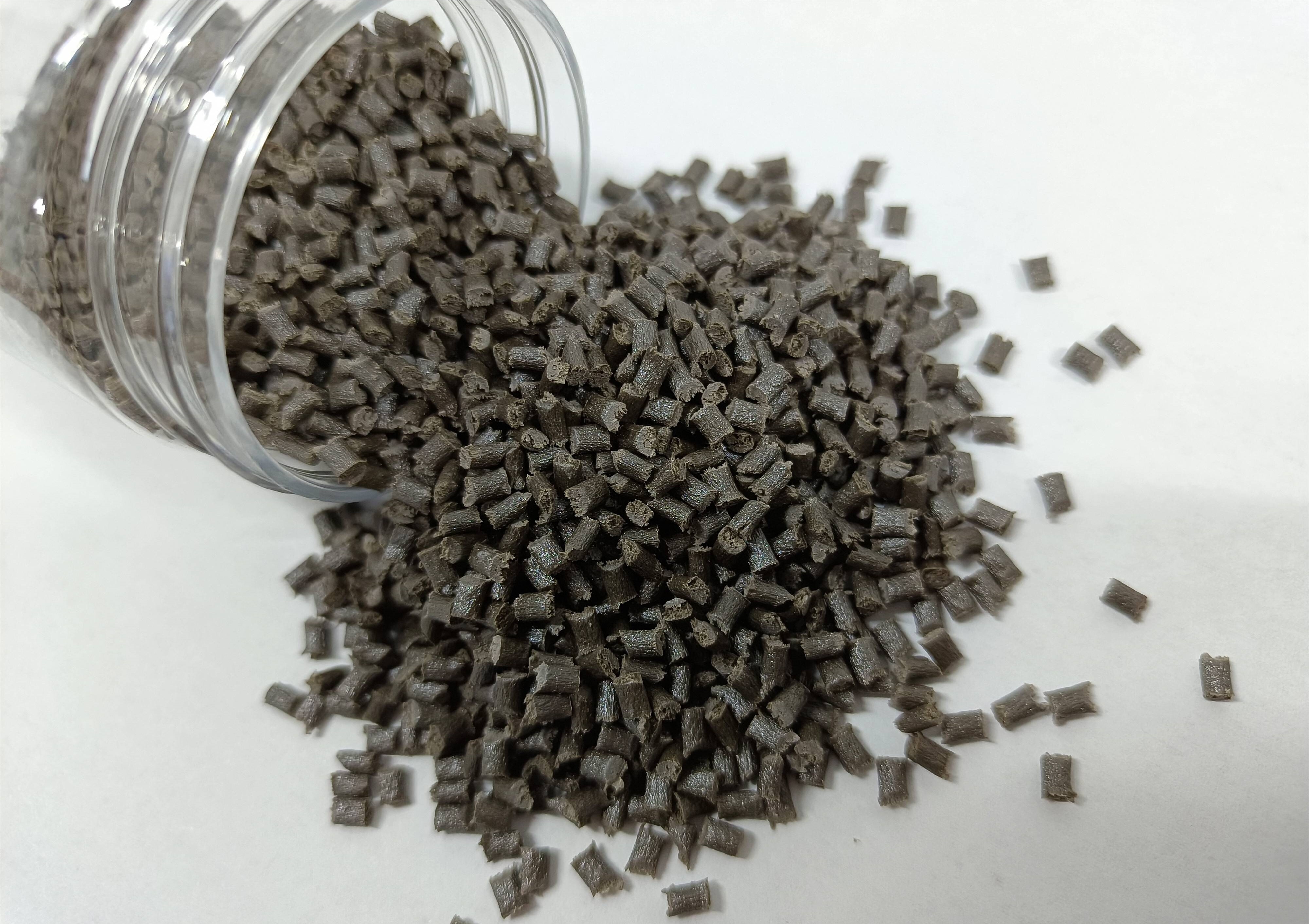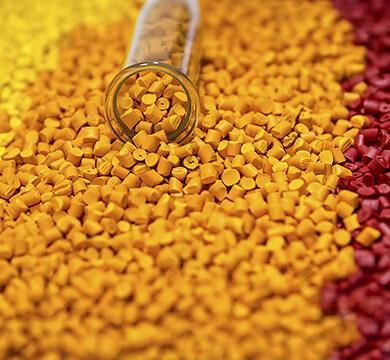Ошибка формата электронной почты
emailCannotEmpty
emailDoesExist
pwdLetterLimtTip
inconsistentPwd
pwdLetterLimtTip
inconsistentPwd

Offer Technical Support and Customized Solutions
The company is committed to creating new and improved plastic materials to meet the evolving demands of the market.

Exploring the Versatile Applications of PPS (Polyphenylene Sulfide)
PPS, short for Polyphenylene Sulfide, is a high-performance engineering thermoplastic known for its exceptional thermal, mechanical, and chemical properties. With its unique combination of characteristics, PPS has found widespread applications across various industries. In this article, we will delve into the versatile uses of PPS and highlight its significance in different sectors.
-
Automotive Industry: PPS has gained significant traction in the automotive industry due to its excellent heat resistance, dimensional stability, and chemical resistance. It is commonly used in components such as fuel system parts, electrical connectors, sensors, and under-the-hood applications. PPS's ability to withstand high temperatures and exposure to fuels and lubricants makes it an ideal choice for these critical automotive components.
-
Electrical and Electronics: The electrical and electronics sector benefits greatly from PPS's outstanding electrical insulation properties. PPS is widely used in the manufacturing of connectors, switches, sockets, and other electronic components. Its high dielectric strength, low moisture absorption, and resistance to flame and chemicals make it a reliable material for applications that require electrical insulation and reliability.
-
Industrial Applications: In industrial settings, PPS finds application in various demanding environments. Its excellent chemical resistance allows to be used in chemical processing equipment, pumps, valves, and filtration systems. PPS's dimensional stability and resistance to creep make it suitable for precision parts, gears, bearings, and bushings. Additionally, its low coefficient of friction and self-lubricating properties contribute to its use in sliding and wear applications.
-
Aerospace and Defense: The aerospace and defense industries demand materials that can withstand extreme conditions while maintaining performance and safety. PPS meets these requirements with its exceptional thermal stability, flame resistance, and resistance to chemicals and fuels. It is utilized in aircraft components, such as connectors, sensors, electrical insulation, and interior parts, where reliability and durability are paramount.
-
Consumer Goods: PPS's unique properties have also found applications in consumer goods. is used in the manufacturing of small appliances, household items, and sporting goods. PPS's heat resistance allows it to withstand high temperatures generated by appliances, while its chemical resistance ensures compatibility with various cleaning agents and chemicals.
Conclusion: PPS (Polyphenylene Sulfide) has emerged as a versatile engineering thermoplastic with a wide range of applications across multiple industries. Its exceptional thermal, mechanical, and chemical properties make it an ideal choice for demanding environments. From automotive and electronics to industrial and aerospace sectors, PPS continues to play a crucial role enhancing performance, reliability, and safety. As technology advances, we can expect further innovations and applications for this remarkable material.

